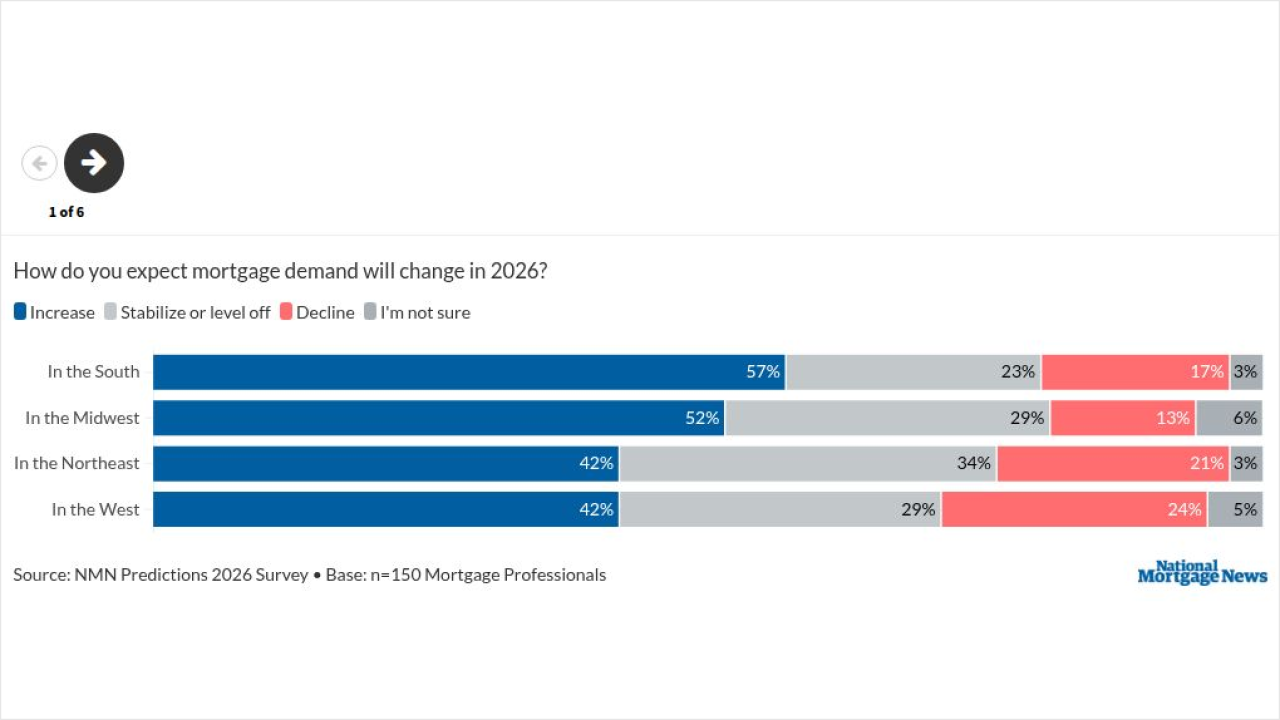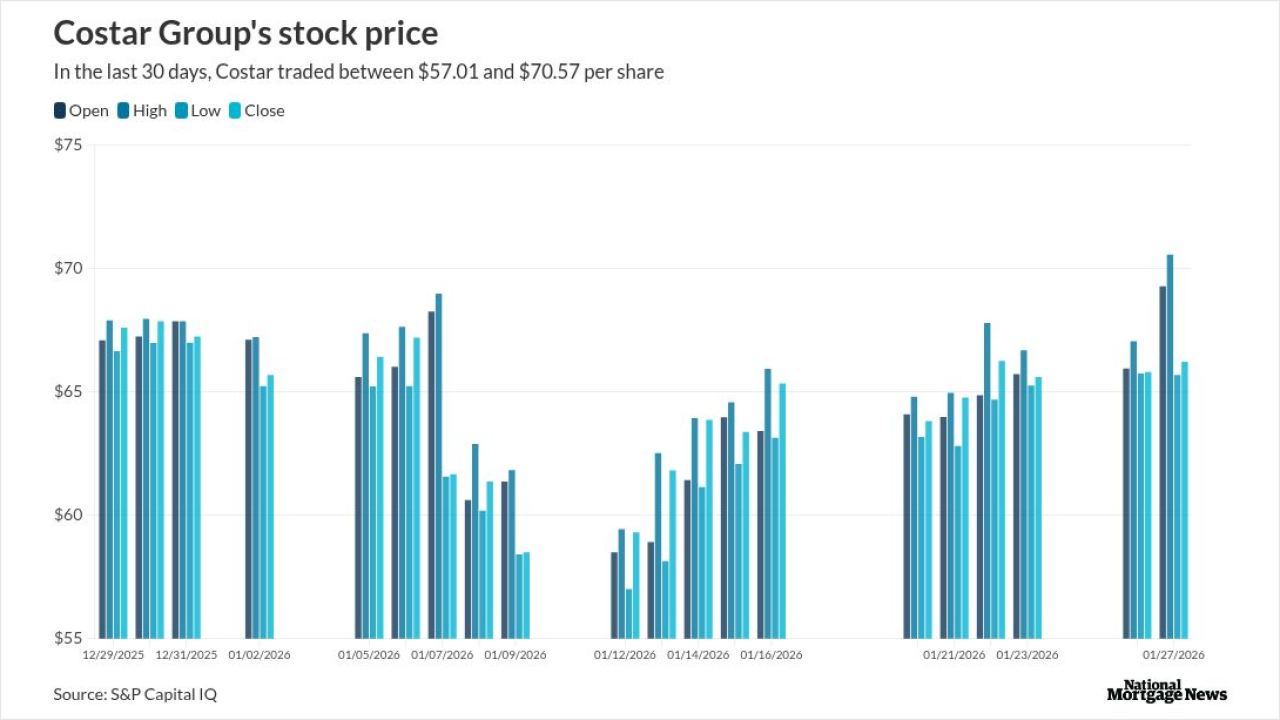The U.S. Supreme Court today will hear arguments on "
Counsel in Tyler v. Hennepin County will argue whether the procedures violate a homeowner's Fifth Amendment and Eighth Amendment rights in ensuring compensation for property seizure and protection against excessive fines, respectively. The case stems from a tax lien forfeiture where the county kept the remaining $25,000 in a foreclosure sale against a condominium owner, now-94-year-old Geraldine Tyler, over a $15,000 tax debt.
"There's nothing unconstitutional about having your property taken, but the government has to compensate you for it fairly and immediately," said Jay Carson, a senior litigator at think tank The Buckeye Institute, during a Pacific Legal Foundation webinar last week.
The PLF is representing Tyler in the 65-minute argument before the nation's highest court Wednesday morning against attorneys from the Department of Justice and for Hennepin County, whose county seat is Minneapolis.
The county has argued in briefings that the excess proceeds from a tax lien foreclosure don't represent a profit and rather fund government functions, and that the county provides numerous options to help homeowners avoid forfeitures.
"When owners ignore all of these options, the legislature has chosen to protect the public from further harm by transferring title to the government — without sending a check to the former owner," said Dan Rogan, Hennepin County assistant county administrator, in a statement. "The taxpayers should not be the default realtor, property manager, and auctioneer."
Mortgage lenders and servicers have not publicly weighed in on the case, but the Wisconsin Realtors Association filed an amicus brief last September to the court in favor of Tyler, among the over two dozen briefs filed in the past seven months.
Wednesday's hearing comes as homeowners nationwide have seen
Local governments have taken more than $860 million from owners of 8,950 homes in 11 states and Washington, D.C. between 2014 and 2021, according to PLF research. Nine additional states, coast-to-coast, also allow what the Foundation claims to be home equity theft in limited circumstances.
The Tyler case arose when the homeowner fell behind on property taxes in 2010, with a $2,300 tax debt ballooning to $15,000 after fines, fees and interest. In 2015, Hennepin County seized her condominium and sold it a year later for $40,000, keeping the additional $25,000 rather than refunding the additional proceeds to Tyler.
The homeowner filed a lawsuit against Hennepin County in April 2020, and sought class-action status, but a federal judge dismissed it later that year. The PLF and Tyler appealed the case to the U.S. EIghth Circuit Court of Appeals in 2021, and following that court's subsequent dismissal brought it to the U.S. Supreme Court, which agreed in January to hear the case.
A prospective Tyler victory at the U.S. Supreme Court, attorneys said, would remand her case and entitle her to recover lost equity. The case could also be remanded regarding the argument that her $15,000 fine was excessive.
The Wisconsin Realtors Association wants a clearly defined rule from the high court to compel governments to return excess equity to homeowners, said Tom Larson, the group's executive vice president of legal and public affairs. He argued against opposing counsel's suggestion that a homeowner could allow the forfeiture to proceed to avoid paying a tax debt, highlighting the devastating effects on a homeowner's credit rating.
"It often limits their ability to find new housing, because they don't have equity for a down payment, or they don't have the money to rent a new place," Larson said. "So it impacts every aspect of their life and it is not something that people go through voluntarily to come out ahead to game some system."




